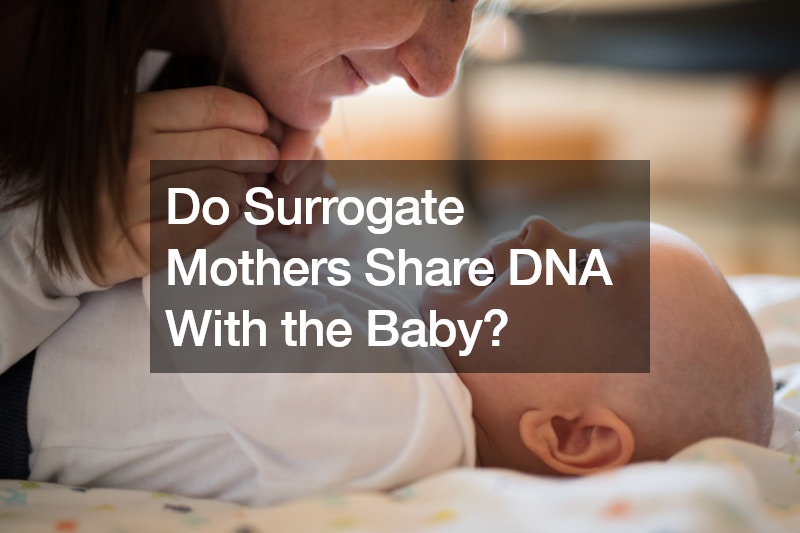Surrogacy is a method that enables couples facing infertility issues or same-sex couples to have children by utilizing the assistance of a surrogate mother. The crucial question often arises: Does the surrogate mother share DNA with the surrogate child? In traditional surrogacy, where the surrogate’s egg is used, there is a genetic connection between the surrogate and the child.
However, in gestational surrogacy, the surrogate’s egg is not used, and therefore, there is no biological relationship between the surrogate and the baby.

When contemplating surrogacy, prospective parents often grapple with the intricacies of the process. The choice between traditional and gestational surrogacy significantly impacts this genetic link.
While traditional surrogacy may result in a shared DNA between the surrogate and the child, gestational surrogacy eliminates this connection, as it involves the implantation of an embryo created using the intended parents’ or donors’ genetic material.
Surrogacy costs are a major consideration for individuals or couples exploring this reproductive option. The overall cost for a surrogate can vary widely. Prospective parents should carefully assess and plan for these surrogacy costs, ensuring they have a comprehensive understanding of the financial commitment involved.
The genetic connection between a surrogate mother and the surrogate child depends on the type of surrogacy chosen. Prospective parents navigating surrogacy should also be mindful of the associated surrogacy costs, recognizing the financial aspects involved in this journey toward expanding their family.

